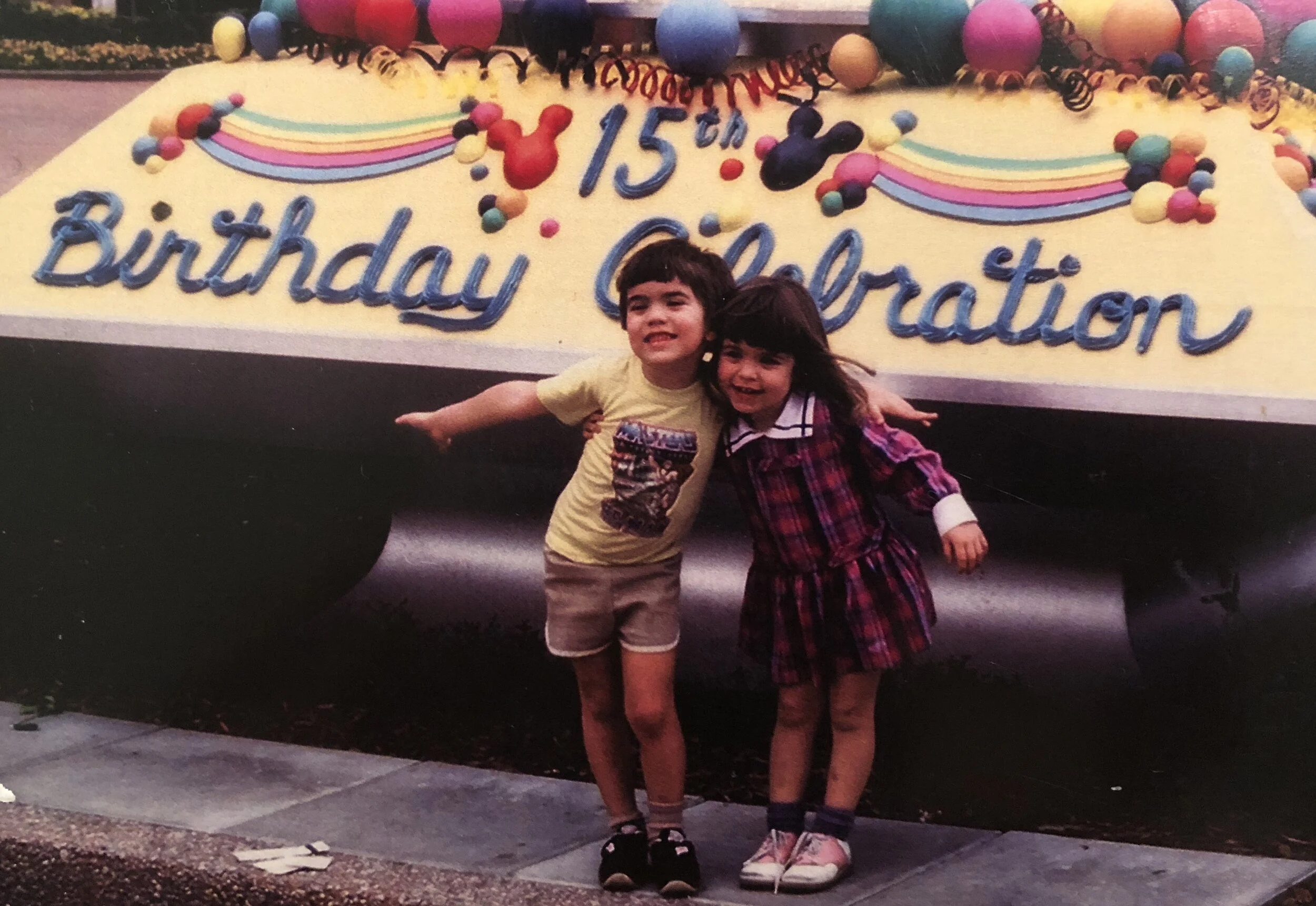My findings
Ah, yes. Welcome to the “findings” chapter. As I sat down to write this chapter I could hear the bemused voice of a colleague asking, “What are you going to do if you find that we’re all racist?” My response is now reflexive -- and to no one in particular: The goal of this practitioner inquiry is not to #out my white colleagues and myself as racist. The goal of this practitioner inquiry is to answer the question: How do we -- white faculty who teach at a predominantly white private school -- navigate and negotiate conversations about race and racism in our community?
People who have spent any time talking with white people about race and racism can probably intuit the answer to this question -- that is, we do “something” that often feels, at best, frustratingly unproductive for all parties engaged in and witness to these conversations. In fact, many of you reading this might feel similarly about my efforts here. There are no doubt problematic and unnamed elements of how I’ve framed and conducted both this inquiry and the analysis that are demonstrative of how I -- as a white educator -- navigate and negotiate conversations about race and racism. #metameta That said, I offer you, the reader, both my journey up to this point and the promise that my journey continues.
My “Findings” Journey
As I poured over and reflected on the approximately 30-hours of transcripts associated with this practitioner inquiry, I became aware that we are most definitely “doing something.”
Default Narratives (Explored)
The presumption that our default social norms are “just the way things are” is what makes them so insidious. As you read through these findings it is important to keep in mind the paradox of agency: “The more we are aware of the conditions that control our behavior, the more we are able to overcome those conditions” (Rymes, 2016, p.100).
My white racial identity
Growing up I always felt like an imposter. When I tell people I did not learn to read until ten, I typically get a head tilt and look which I interpret to mean, “That can’t be. Are you sure?” My immediate internal reaction is, “Wait, am I sure? Am I faking being a delayed reader?”
Interrogating my anti-Blackness
Right before I sat down to take a state standardized test, I remember worrying aloud that I was nervous about not passing and what the consequences might be. In an effort to reassure me that I would be fine, someone nearby explained to me these tests were not really for us.
Misson + Bio >>>



